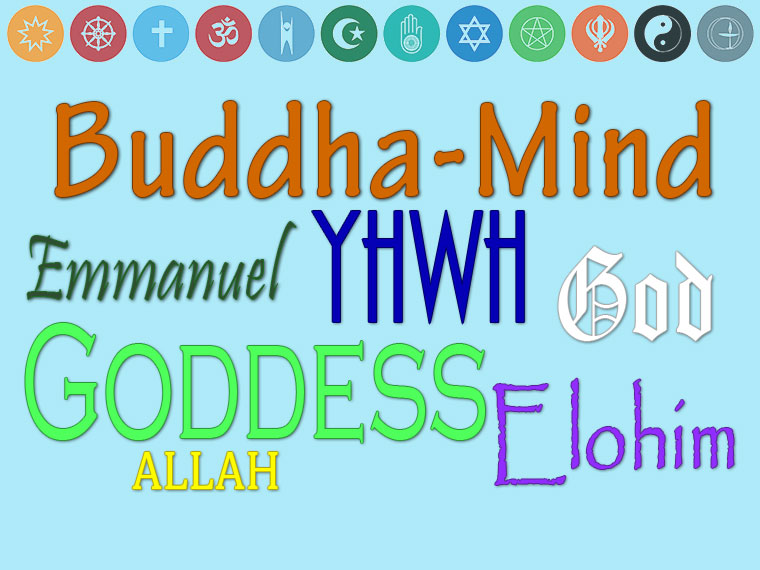 Interfaith Message
Interfaith Message
The Most Asked Question
I suppose the question I am asked the most is, “Will you do an Interfaith marriage ceremony or a same-sex wedding as well as a same-faith wedding?” My answer is an immediate and emphatic “YES”, and for the reasons why, I must take you on a trip to my childhood and a trip through the Bible. I was raised in Borough Park, Brooklyn, NY, a community that was, at that time, half Italian and half Jewish. I remember being told that it was a sin to walk into a church, and if I did I would be struck dead.
One day when I was eight years old, as I was walking home with some of my Catholic friends, one mentioned that he had to stop at the Church to speak with the priest, and asked if I wanted to come in? Being eight, and knowing I was immortal, I decided to go with him. Not only was I not struck dead; I got to see an interesting and beautiful place. That was the beginning of my search for a solution to the separation I saw that I felt had to end.
It wasn’t until 1989, when I met Rabbi Joseph Gelberman, the founder of the interfaith movement in this country and was introduced to his Interfaith Seminary in New York City, that I heard Rabbi Gelberman’s motto that became the statement of my life’s purpose; “Never instead of, always in addition to.” How simple! There is no space for divisiveness or separation.
So today, as a practicing rabbi, when I hear someone say that a rabbi shouldn’t conduct an interfaith ceremony, that it is wrong or that it is against Jewish tradition and law, I refer them to the Torah, the five books of Moses in the Hebrew Scriptures as well as other “writings,” and I ask questions.
My first question to anyone making a negative statement about interfaith marriages is, “Who did Moses (the most important man in Jewish history) marry?” Answer: Moses’ wife was Zipporah, whose father was a priest of another religion.
I also relate the story of Esther, for whom an entire book of the bible was written. We celebrate the heroism of Esther, whose real name was Hadassah, on the holiday of Purim because she saved the Jewish people from extinction. She changed her name to Esther, which was a Persian name, so she could marry the king who certainly wasn’t Jewish.
Another question is “Who is the most revered woman in the bible?” Most people say that it is Ruth, who also had an entire book written about her. Ruth was not Jewish. Twice, she married Jewish men, and after the second one died, her mother-in-law, Naomi told Ruth that she was going back to her people and that Ruth should do the same. That is when Ruth answered with one of the most famous lines in the Bible as she said to Naomi;
"Where you go I will go. Your people are my people; Your God is my God." - Ruth 1:16
How can I conduct an Interfaith marriage? How can I not?
Rabbi Roger
